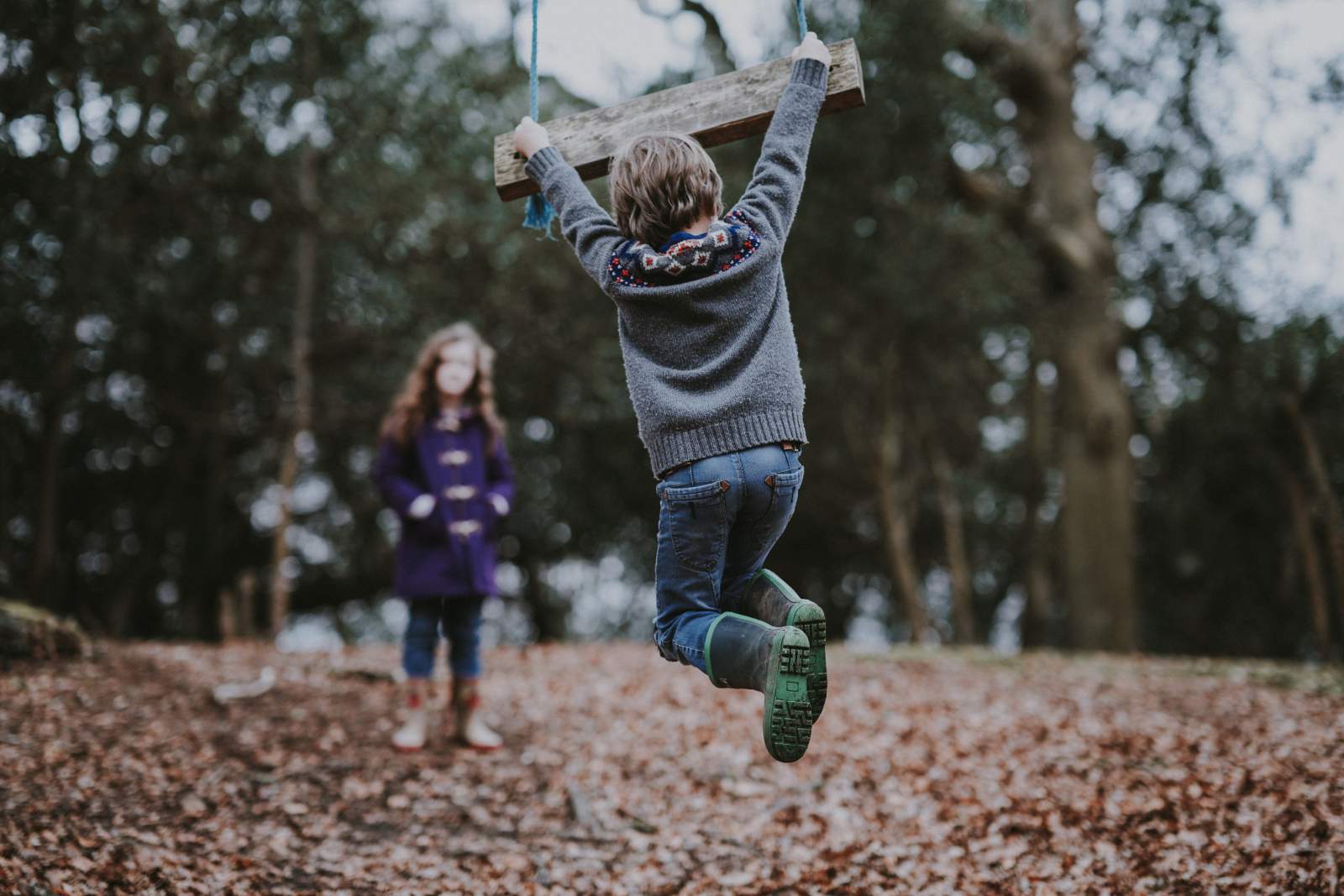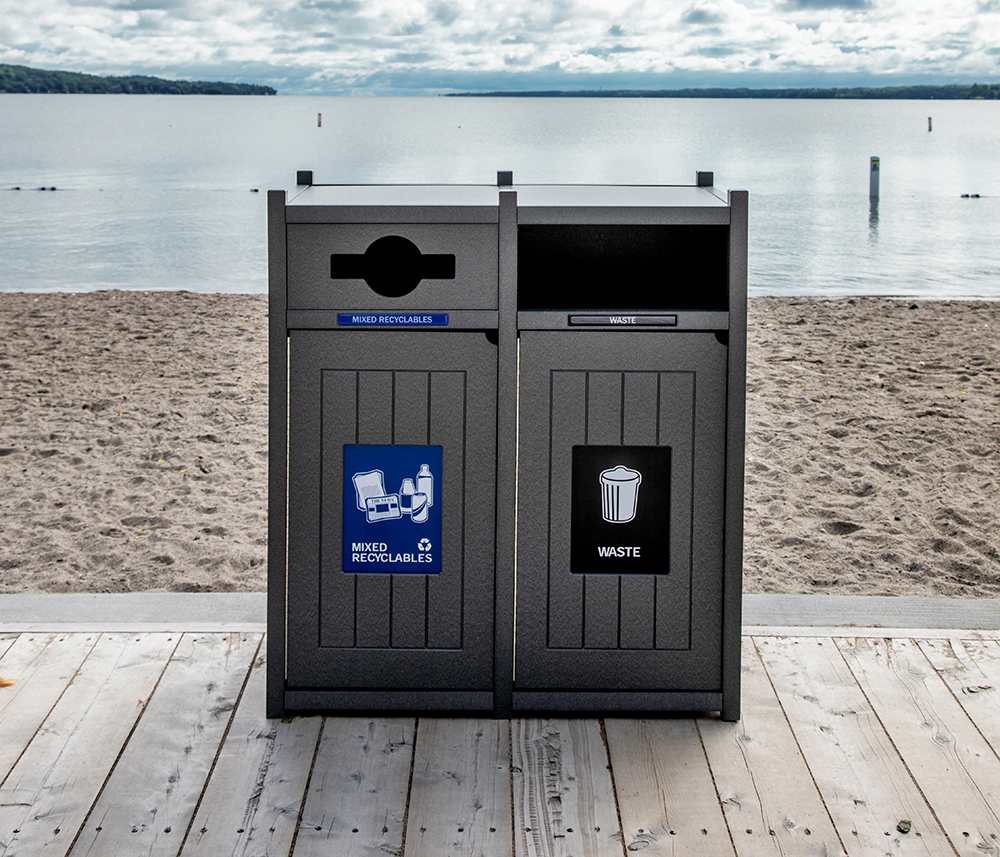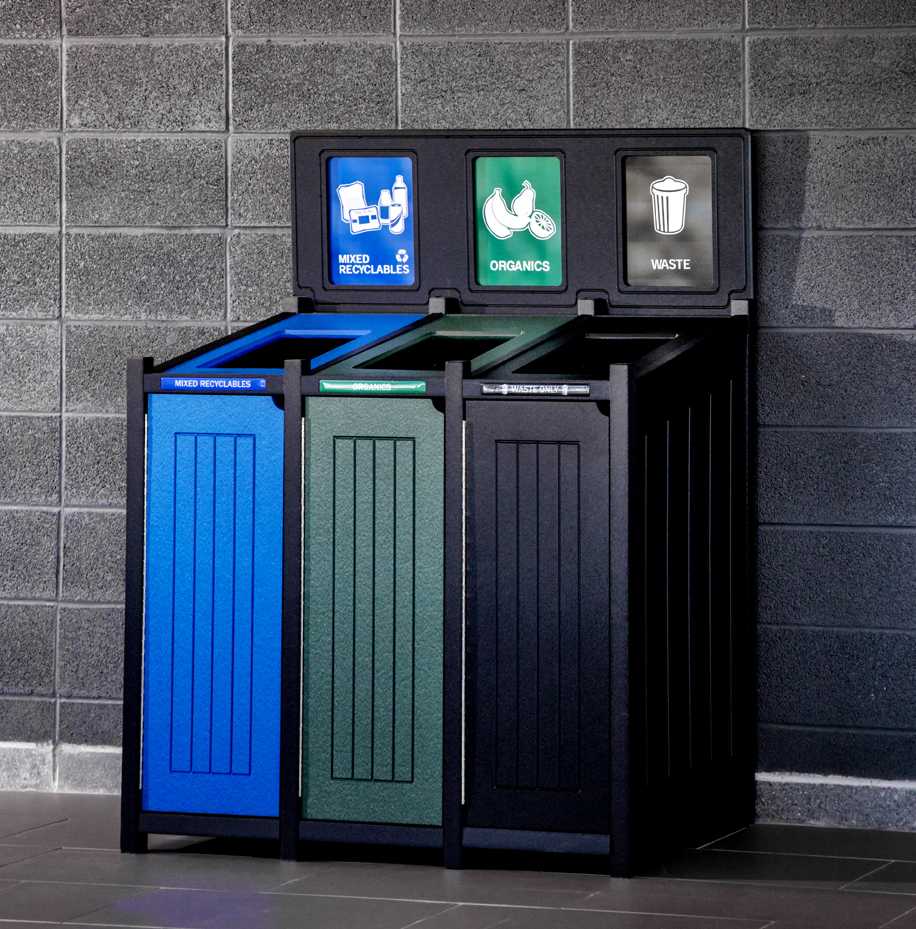I often tell people how fortunate I was to grow up on a family farm. I had chores to do, but I also had cherished free time. With several hundred acres of fields and forests to run, play, explore and interact with, I developed such a deep appreciation for the natural world. This has carried into my adult life.
With a family farm, it is a 7 day a week and a 365 day a year lifestyle. We never had the opportunity to get away on what is known as a ‘family vacation’. However, between haying and grain harvest season I spent 4 or 5 days a year with my grandparents. I loved my grandpa and grandma, however, they lived in the city, and I had a difficult time adjusting to a world that seemed very unnatural to myself.
There were no fields to run through, no natural areas to play, explore and interact with like I was able to on the farm. Although, there was a barren "park" about a block away where my grandma used to take me. It had a small patch of manicured grass and was devoid of any other vegetation. There was playground equipment consisting of a slide, a tetter/totter and a couple of swings. After a half hour on the playground equipment, the novelty had all worn off. I missed my farm so much.
My favorite subject in college was psychology, and part of my studies during that time was learning about the early theories from some of the Founding fathers of psychology. In 1870, nineteenth-century psychologist Herbert Spencer published his book "Principles of Psychology" in which he espoused the "surplus energy theory." Herbert Spencer explained that the main reason for children's play is to get rid of surplus energy.
Child Care Canada mentions that this theory is now rejected by most researchers and developmental theorists, yet the theory still has a lasting influence on the design of children's outdoor spaces, which are predominantly built for children "to get rid of all that surplus energy." Many playgrounds are still being constructed with the barren design of manufactured, fixed playground equipment. Playgrounds are devoid of nature, shade, and vegetation. Because most adults grew up with this type of environment, they themselves see this as the appropriate model for a playground. This is the model found in the playgrounds of my little village of under 1,000 people. Humans are creatures of our experience, and our collective experiences usually shape the conventional wisdom, or paradigms, by which we operate.
I feel the reason why I am so passionate about the environment comes from my connection with the natural world as a child. I am so very fortunate. And I had a father who passed on his passion for the natural world to me. Unfortunately, our children these days are becoming more and more disconnected from the natural world. Children's experiences are predominately mediated in media, written language and visual images, which tend to be more of an attraction than those barren playgrounds. The virtual is replacing the real. This is a Western first world phenomenon. An article from The Guardian mentions that three-quarters of UK children spend less time outdoors than prison inmates. This really concerns me, because if there is a disconnection from the knowledge, appreciation, and respect for the natural world, it will set the stage for a continuing loss of our natural environment. Future generations who don't value nature equate to the continued exploitation and destruction of the natural world. Hearing about climate change, habitat destruction and species extinction will not mean anything because there is no way to relate.
There are psychological, physical and cognitive costs of human alienation from nature, particularly for children in their vulnerable developing years. On the other hand, the benefits of outdoor learning and connecting a child to nature is huge. Bachelor's Degree Online lists better grades, better health, decreased stress levels, increased motivation, better attitudes about the environment, better overall behavior, enhanced communication skills, increase in outdoor skills, increased self-reliance, community improvement, and improved memory are all proven benefits of outdoor learning. The potential is enormous.
Is it possible to reconnect a generation of disconnected children to love and appreciate the natural world? Now let's be honest. It can be challenging to convince a kid who is used to playing video games to go outside and connect with nature, especially when they have no experience connecting with nature. Starting with ourselves we can be the change. If we start to value nature, the kids will as well. All parents, teachers and caregivers, the greatest thing we can do for our planet is to share the natural world to the children under our care.
Sources
- https://www.whitehutchinson.com/children/articles/childrennature.shtml
- https://books.google.ca/books?id=27TFIv6p6uoC&printsec=frontcover#v=onepage&q&f=false
- http://childcarecanada.org/resources/issue-files/bringing-outdoors-early-childhood-education
- https://www.unicef-irc.org/publications/pdf/childrens_participation.pdf
- https://www.theguardian.com/environment/2016/mar/25/three-quarters-of-uk-children-spend-less-time-outdoors-than-prison-inmates-survey
- https://www.bachelorsdegreeonline.com/blog/2012/11-proven-benefits-of-outdoor-learning/



















